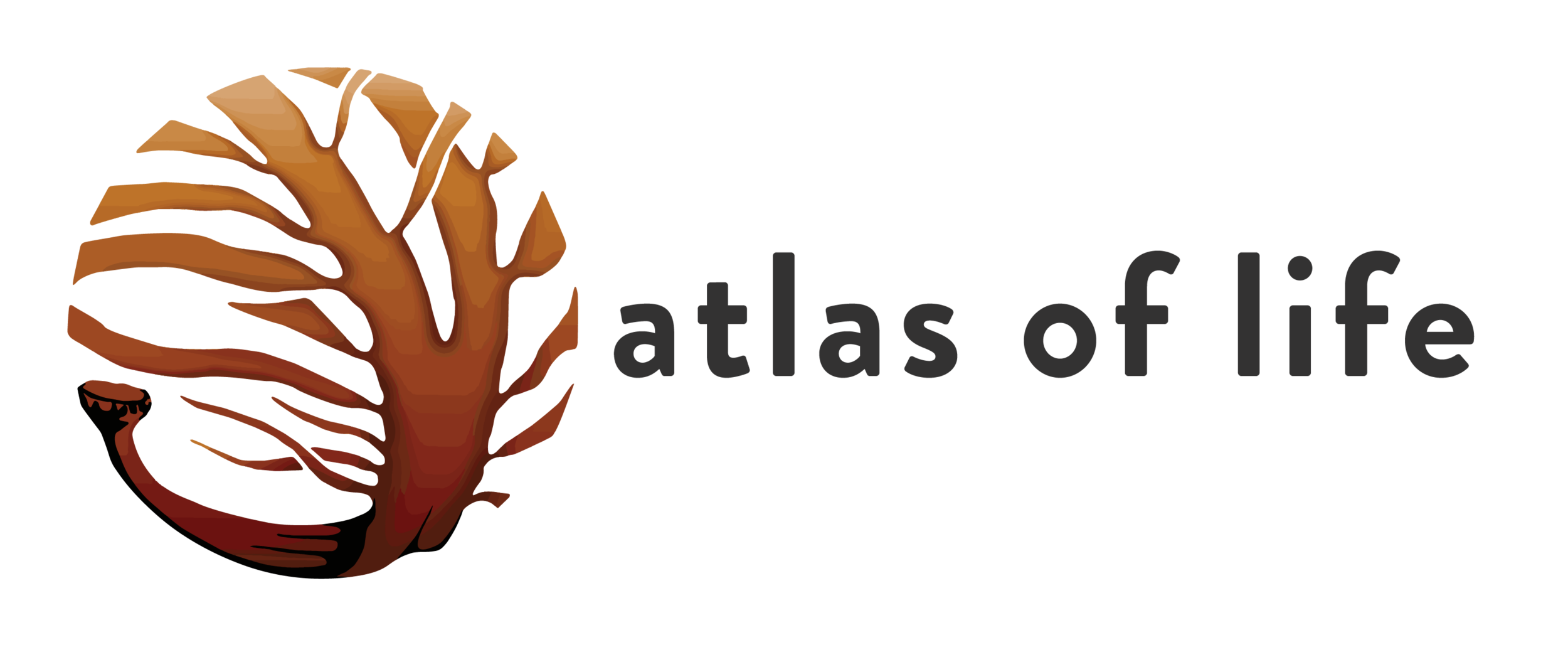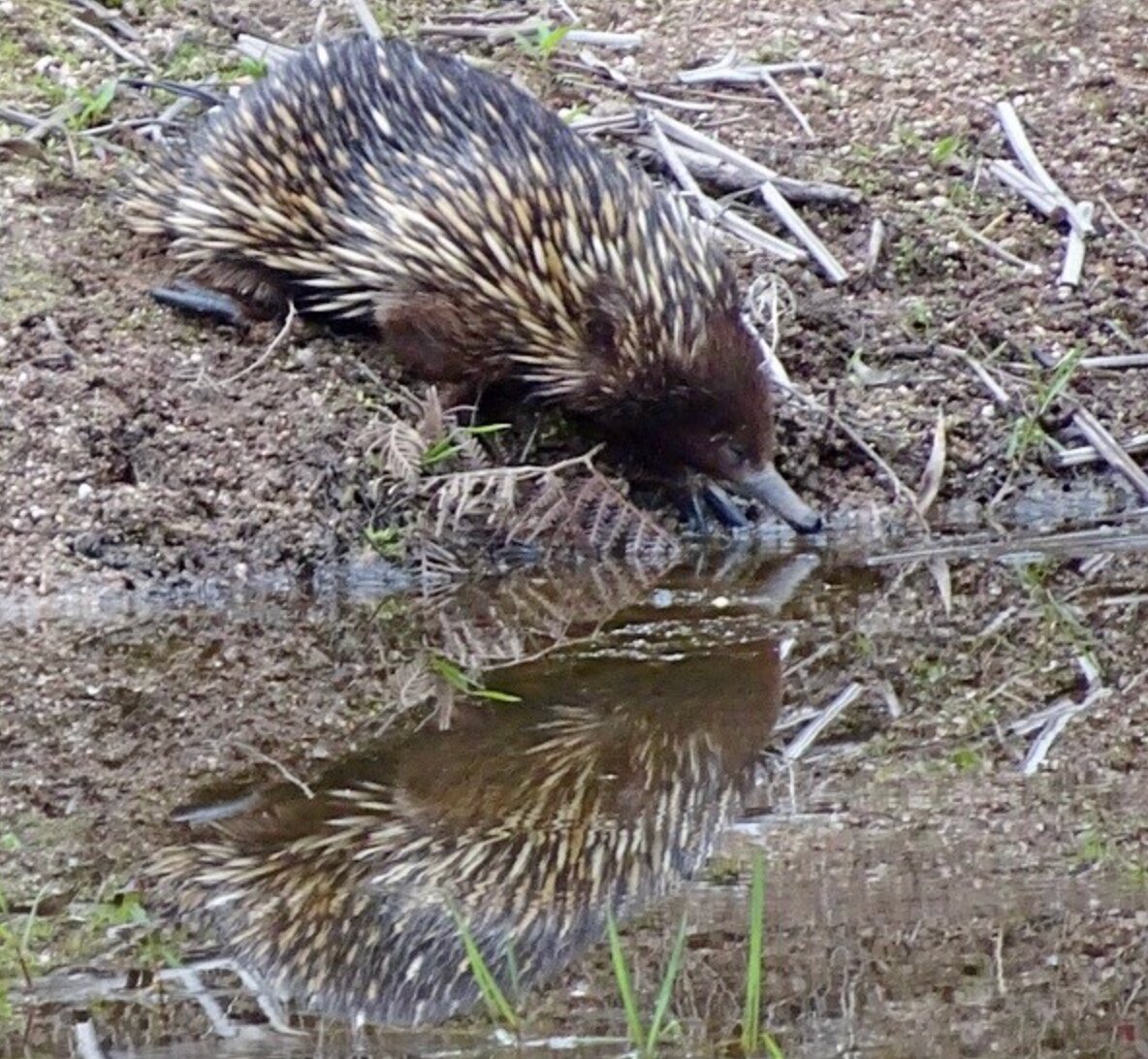WEDNESDAY, August 18th 2 Pm – 2:45 PM
ECHIDNA CSI
COMBINING CITIZEN SCIENCE WITH MICROBIOME RESEARCH TO ASSESS BUSHFIRE IMPACTS ON ECHIDNAS
The short-beaked echidna is an iconic Australian animal and Australia’s most widespread native mammal. Despite this, we have a poor understanding of most of their wild populations as they are difficult to find, track and study in the wild. To combat this, EchidnaCSI was launched in 2017, which is a national citizen science project with the aim to gather data and material of echidnas to perform research and aid with conservation efforts.
Dr Tahlia Perry (Uni Adelaide) talked about this project and described research on the echidnas of Kangaroo Island after the huge bushfires of 2020. Fascinating results show echidnas’ resilience and adaptability.
You are invited to record echidnas in our region to gather more data to help understand more about their little known lifestyles. Tahlia launched the Australia-wide citizen science project, EchidnaCSI, where the public submits sightings of echidnas and echidna scats to better understand wild echidna populations for conservation purposes. For now, just photograph echidnas whenever you see them and add the sightings to our iNaturalist database.
Click here to see all the echidna records in our area
The research also needs help collecting echidna scats (which is a nicer way of saying poo). Why? Because we can get a lot of information about echidnas through the molecules in their scats. We can get out DNA and hormones to tell us who that echidna is, if it’s healthy, stressed or reproductively active. And so we can learn more about these wild populations without having to track or capture any of these animals.
If you ever find Echidna scat - and the presentation shows us what to look for, photograph them and add that as a sighting in iNaturalist, put the scat in a ziploc bag and send them to : Tahlia Perry, Room 2.14 Molecular Life Sciences Building, University of Adelaide, Adelaide, 5005
Tahlia has developed molecular techniques to analyse the gut microbiome and diet of echidnas from the scats submitted through EchidnaCSI, bringing together areas of genetics, microbiology, and bioinformatics with ecology, public engagement and conservation.
Tahlia is a Postdoctoral Researcher at The University of Adelaide. She is an award-winning scientist and science communicator who is passionate about conserving Australia’s wildlife and engaging with the public.
For more information visit the Echidna CSI Facebook page
or the website: http://grutznerlab.weebly.com/echidna-csi.html
email: echidnacsi@adelaide.edu.au





